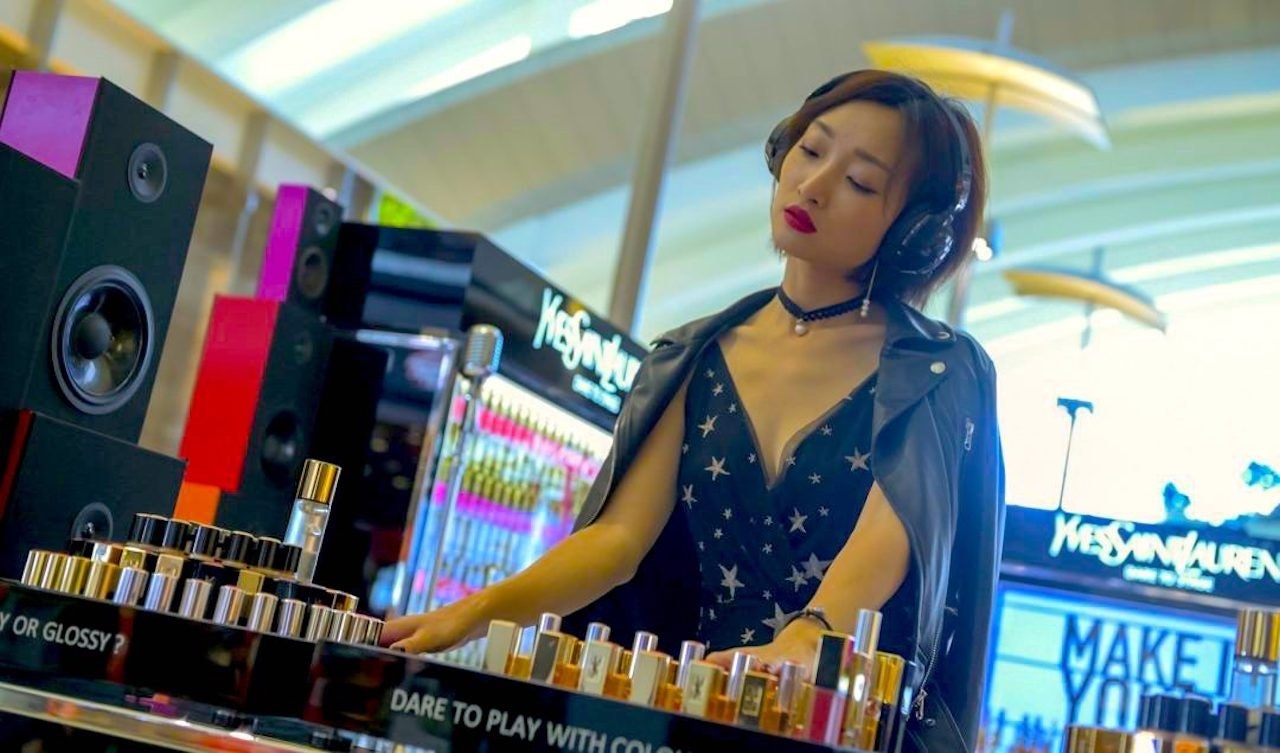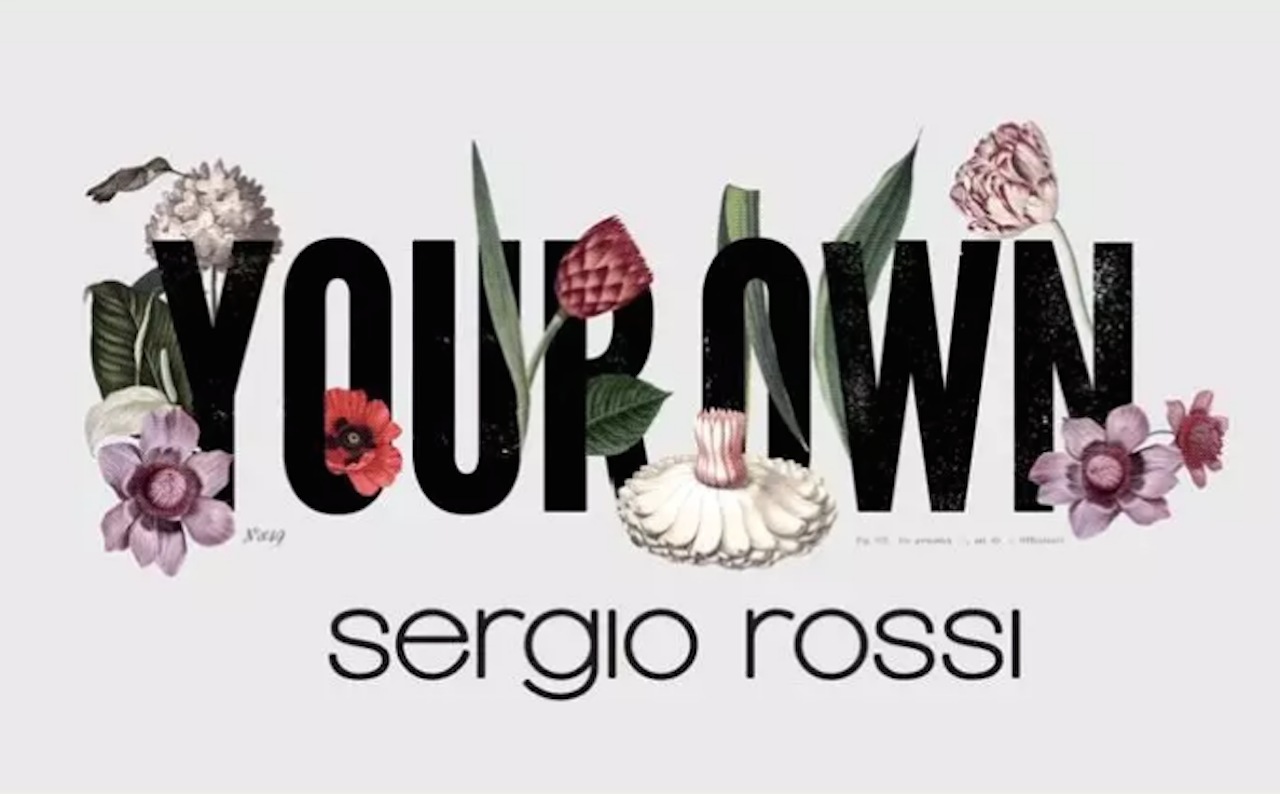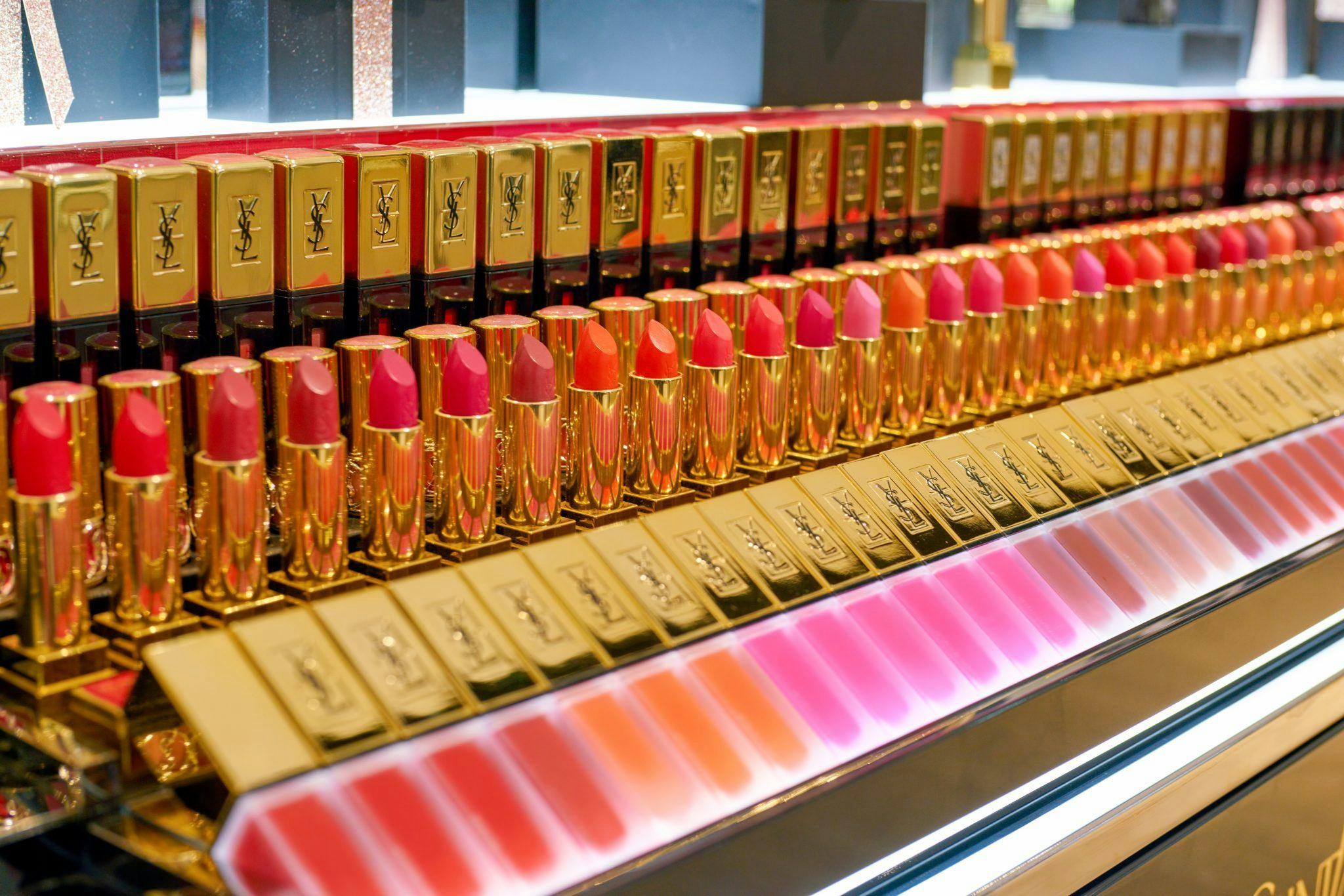One-third of global luxury sales come through Chinese consumers between 18 and 30 years old. China's personal luxury goods market is estimated to increase by 6% over the next five years. It is no question that these consumers are changing the face of the luxury experience in China and globally.
Young Chinese consumers prefer unique products over exclusive items, artful over artisanal, and personalized over universal. They are a generation that expresses every part of lifestyle instantaneously on social platforms. No longer do they sit around for their loyal brand to launch a product; instead they follow a blogger whose content is more relatable to them to provide a review of the product before the official launch. They value luxury products as high-quality items rather an expression of wealth. All of which identifies with the traits of Chinese millennials, or aka 'Chinese Luxury Shoppers,' directing luxury hubs to get onto the bandwagon of using social platforms to connect with them.
Dilution of sales between online and offline channels has forced luxury brands to undergo a sales and marketing transformation as it races to find new luxury shoppers. This shift drives brands to engage with millennials, build a relationship, and maintain the community to have a visible presence amongst the sea of posts that the overloading the social accounts.
With luxury hubs leveraging the social platforms to maximize their social network, let us take a look at the three unconventional approaches undertaken by brands:
Luxury enters Mass#
A locally developed app, Douyin, known as Tik Tok internationally has captured 500 million monthly active users and 250 daily active users surpassing the likes of Instagram stories feature, and Snapchat with more than 46% users identified were millennials and Gen Zs. As these users account for more than 50,000RMB transaction via the platform, luxury brands have begun redesigning their digital marketing strategies to meet them.
For instance, the renowned Paris label, Louis Vuitton promoted its Christmas campaign by posting short videos and linking the product’s URL to the brand's e-commerce page. This strategy propelled customers to widen their choice before proceeding to check out increasing sales for the brand. On the other hand, Michael Kors took a different approach through the #TheWalkShanghai hashtag challenge. App users uploaded their version of ramp walk with customized branded filters. As users created their content with branded assets, brand engagement increased, and its exposure through subsequent social contents increased traffic to its page.
WeChat, Luxury's new BFF#
Luxury brands on WeChat go beyond the regular WeChat services to build fun and interactive experience for Chinese luxury shoppers. Consider, Sergio Rossi's WeChat Mini Program to harness the direct-to-consumer luxury trend in China enabling consumers to personalize their footwear. The e-retail experience offered customers a one-stop shopping destination, providing the brand with 360 coverage through social media sharing and influencing the purchase decision.
French cosmetic brand, Guerlain, deployed WeChat gamification marketing plan to introduce their new lipstick to China. Participants entered a racing game where winners have to go to the retail store to retrieve their awards. The omnichannel experience increased brand presence online and gained footfall to the brand's physical store.
Luxury takes flight#
While some luxury hubs create an exciting online experience, others leverage on travel retail stores to provide an unforgettable shopping experience for passengers.
Yves Saint Laurent (YSL) Beaute launched its first travel retail pop-up event at LA airport — one of the busiest airports with a large number of Chinese passengers. To build traction towards the booth, YSL invited four Chinese influencers to participate in different activities to showcase YSL's makeup looks. The pop-up event offered customizable lipstick arena, instagrammable photo corner and a center stage to unleash their inner rock stars. A full 'retailtainment' experience created the mood attracting the younger luxury consumers to indulge in the brand through their creative expression.
In the hospitality sector, the Four Seasons hotel recently implemented its pop-down event in Hong Kong, making it more accessible to Chinese consumers. The two-day consumer campaign promoted the luxury chain's signature dishes served around the globe. It further promoted its event on social media with an easy-to-use hashtag. Creating a sophisticated culinary experience for the guests helps retain lasting memories for the customers.
Luxury brand experience is transforming from traditional product craftsmanship to undertaking an experiential journey with the brand. Chinese millennials are driving this shift in brand experiential culture through the usage of social media platforms such as Tik Tok and WeChat. Travel retail concept is also gaining popularity amongst brands to connect with their affluential Chinese passengers. As the future presents itself now, luxury brands need to continue dedicating their marketing initiatives via social platforms.
Jenny Chua is the Integrated Head of Created Brandimage China, a global consultancy of brand equity architects and designers.


